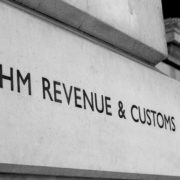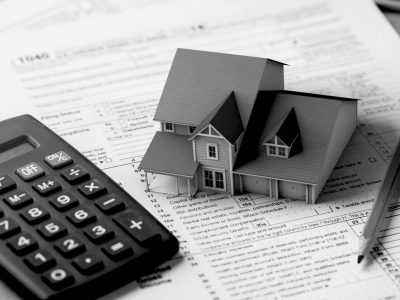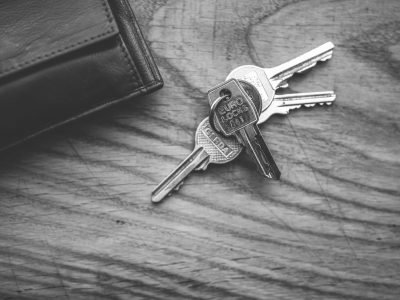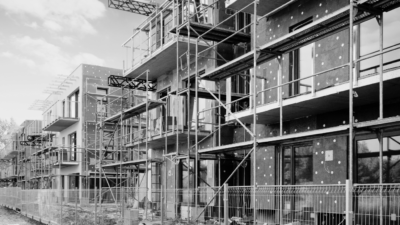Many of us will find ourselves in a situation where we would like to make a little extra cash by renting out a room in our home. But can you do this without receiving a huge tax bill for the privilege? You may be pleased and somewhat surprised to learn that, thanks to a specific tax relief, you may be able to rent that empty room out tax-free.
Why would you rent out a room in your home?
There are a number of scenarios where someone might rent out a room in their home. You might have purchased a property larger than you need with the intention of renting out a spare room to help you cover the mortgage repayments, for example. Other people find themselves with an empty nest after their children have moved out and realise they might be able to make a little money from taking in a lodger. Whatever your reasons, you will usually be able to avail yourself of rent-a-room relief, which could be worth as much as £7,500 tax-free rental income.
What is rent-a-room relief?
Rent-a-room relief allows you to rent out a fully furnished room within your home and keep up to £7,500 in rental income tax-free. If your tenant, or ‘lodger’ as they’re often known, pays you less than £7,500 per year you don’t even have to fill in a self-assessment tax return.
There are, however, a few things you need to bear in mind:
- The £7,500 must include all charges made to your tenant, including the money he or she may give you for cleaning, meals or laundry for example.
- You cannot rent the room out for business purposes or as an office. It must be a fully furnished residential room only.
- You must notify your mortgage lender and your house insurance provider before taking in a lodger. If you, yourself are a tenant, you must get your landlord’s permission to sublet.
- If you share the income from the lodger with someone else, you can each only claim £3,750 in relief.
- You can’t deduct expenses from the income you get from the tenant if you opt into the rent-a-room relief
If you receive more than £7,500 in income from renting out the room, you will need to ensure you fill in a self-assessment tax return. You may need to add the income from the rental to your other income for the tax year and pay your bill accordingly.
Is rent-a-room relief always a good option?
HMRC will assume you want to opt into the rent-a-room relief option unless you inform them by the end of January following the end of the tax year in question. However, you may be wondering why you would ever want to opt out of such a scheme.
Well, the thing with the tax relief scheme is that in opting in, you forfeit the right to claim expenses. If you incur expenses in excess of £7,500 over a tax year, then you are probably better off opting out of rent-a-room relief.
The Shared Occupancy Test
The government recently started to express concerns about whether the rent-a-room-relief is working. The concerns centred on claims that some people were using the rent-a-room relief even though they were renting out a room in their home but were not physically staying there at the same time.
In order to try to prevent people misusing the relief, the government said it was planning a new shared occupancy test. The new test intended to “ensure rent-a-room relief meets its original purpose of incentivising people to let spare rooms rather than whole properties”.
The consultation that took place to review the use of the relief concluded: “It is the government’s view that the purpose of rent-a-room relief has always been to support spare rooms, rather than whole properties, which should properly fall under the normal rules for taxing property income. A new shared occupancy clause will return the relief to its original purpose and clarify its role in the wider property tax regime.”
The changes were to be introduced in April 2019 but have since been scrapped. A statement read: “The government will retain the existing qualifying test of letting in a main or only residence and will work with stakeholders to ensure that the rules around the relief are clearly understood.”
Head of public affairs and public policy at the Association of Accounting Technicians, Phil Hall, welcomed the decision, commenting: “HM Treasury has seen sense on this and recognised that the best solution for landlords, tenants, policymakers and the economy was to drop these plans and allow rent-a-room relief to continue as it has for over 25 years as a simple to administer, easy to understand tax relief that’s available to all.”
Capital Gains Tax
Anyone renting out a room in their home will be pleased to hear that they will not have to pay capital gains tax on profits made after selling their home. Indeed, Lettings Relief, from 2020, will only apply to those renting out a room in their primary residence.
Without this relief, those renting out rooms in their homes would be treated as other landlords, who have to pay capital gains tax at rates of either 18 per cent or 28 per cent (depending on whether they are a basic or higher rate taxpayer) on profits made from selling an additional property.
In conclusion, it’s plain to see that renting room out a room in your home can go some way to providing you with a welcome boost to your income. Providing you play by the rules, you can enjoy up to £7,500 of tax-free rental income through rent-a-room relief. Just make sure you notify your mortgage lender and your insurer and carry out some sensible background checks on your lodger before you take the plunge.

























Comments